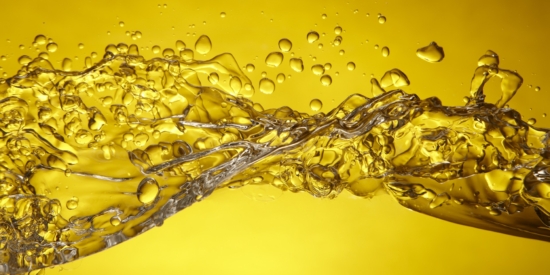Goodyear looks to Soybeans to hit goal of replacing petroleum-derived oils by 2040
 Goodyear has set the goal of fully replacing tyre derived oils by 2040 (Photo: Goodyear)
Goodyear has set the goal of fully replacing tyre derived oils by 2040 (Photo: Goodyear)
Goodyear has set the goal of fully replacing petroleum-derived oils by 2040 by switching to “materials that deliver best-in-class quality and performance”. But how? And which materials? That’s where soybeans come in.
Soybean oil is a bio-based material that can be used much like other oils. And when responsibly sourced, it the beans offer the chance to replace petroleum-derived oils without the moral and ethical trade-off. According to Goodyear, work towards the 2040 goal has “got off to an impressive start” as soybean oil consumption increased by 90 per cent in 2019, ahead of a 25 per cent goal by the end of 2020.
By employing soybean oil, Goodyear’s use of petroleum-based oils can be reduced by up to 22 million gallons each year. Its rubber compounds also mix more easily with the polymers used in compound formulations. This, in turn, can result in both reduced energy use and greenhouse gas emissions during tyre production, which contribute to Goodyear’s goal to reduce these gases by 25 per cent by 2023.
“A part-for-part replacement results in significant improvements in processing,” reports Dr. Bob Woloszynek, Goodyear’s chief engineer for raw materials development and reinforcement technology. “We ran evaluations in our plants and we saw a 7 to 15 per cent reduction in how long it takes to mix a batch. We can then leverage that reduction into energy savings or in opening up capacity.”
So, why soybean oil? Since it is a vegetable oil, soybean goes from a rubber-like substance to glass at a very low temperature, which makes it perfect for balancing performance in wet and winter conditions. “It’s very easy to improve one attribute but normally there’s a significant trade off,” Dr. Woloszynek comments. “We’ve significantly improved one attribute without taking the hit on the other.”
In the EMEA region, the Goodyear EfficientGrip Performance 2 tyre compound employs the use of sunflower oil. “Most of the plant or vegetable oils similar to soybean oil do have their slight differences. But we’ve been able to take advantage of those to extend performance benefits for applicable products,” says Dr. Woloszynek.
And its sustainable too as Dr. Woloszynek explains: “Soybean oil is a co-product of something that will always be grown because we need it to feed both people and animals. If Goodyear can take advantage of its surplus and use it for performance benefits, it’s a win-win for everybody.


 Prometeon
Prometeon

Comments